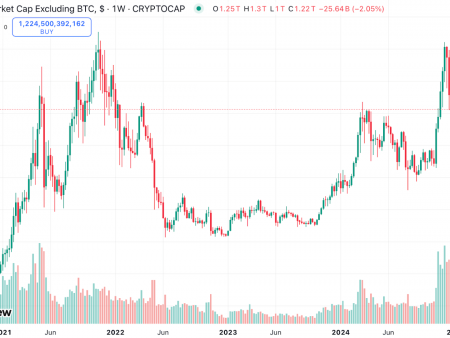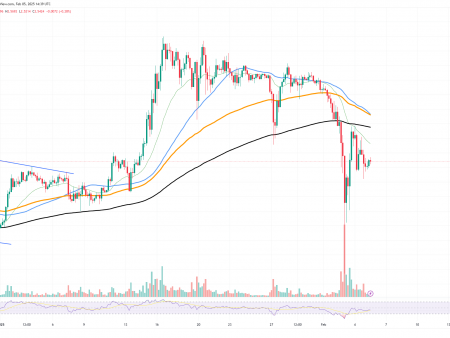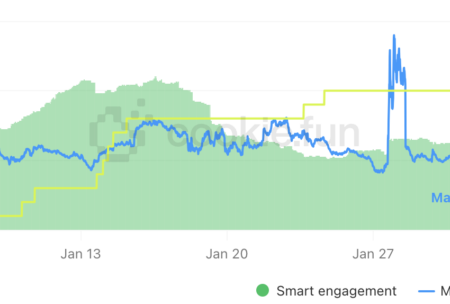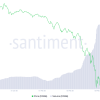Nov 20 (Reuters) – Some investors in OpenAI, creators of ChatGPT, are exploring legal challenges against the company’s board, sources familiar with the matter told Reuters on Monday, after the board ousted Chief Executive Sam Altman and sparked a potential mass exodus of employees.
The sources said the investors are working with legal advisors to study their options. It was not immediately clear whether these investors will sue OpenAI.
Investors are concerned that the hundreds of millions invested in OpenAI, a crown jewel in some of their portfolios, could suffer catastrophic losses as a result of what appears to be a possible collapse of the most popular AI startup in the technology sector. Rapidly growing generative AI.
On Monday, most of OpenAI’s more than 700 employees threatened to resign unless the company replaced the board of directors. OpenAI’s board of directors fired Altman on Friday after a “breakdown in communications,” according to an internal memo seen by Reuters.
What made the case unusual for venture capital investors, who typically hold board seats or voting power in their portfolios, is that OpenAI is controlled by its nonprofit parent company OpenAI Nonprofit, which was created to benefit “humanity, not OpenAI investors.”
As a result, employees have more influence than the venture capitalists who helped pay their salaries, said Minor Myers, a law professor at the University of Connecticut.
Microsoft (MSFT.O) owns 49% of the company, while other investors and employees control 49%, and 2% is owned by OpenAI’s nonprofit parent.
























